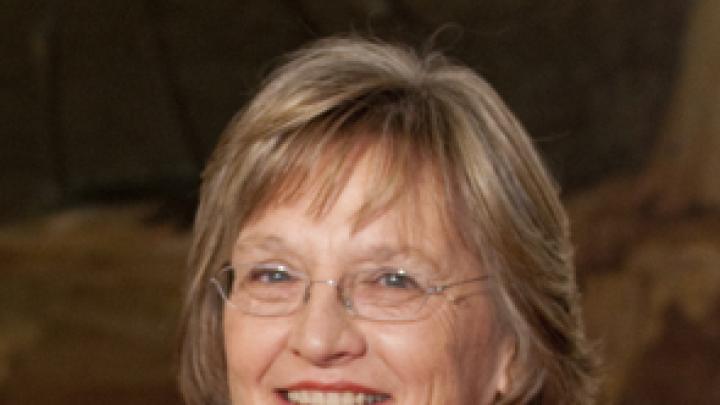President Drew Faust announced Thursday that the University will not sell its endowment holdings in the fossil-fuel industry, stating that divestment at this time is not “warranted or wise.”
Despite intense pressure from students and some faculty members—Students for a Just and Stable Future (SJSF), for example, e-mailed Faust a half-dozen times and visited her office six times without receiving any response in December 2012—Faust said the University’s priority is its academic mission and that its endowment funds are intended “to advance academic aims, not to serve other purposes, however worthy.”
In a letter to the community, Faust wrote that the endowment should be seen as a resource, not as “an instrument to impel social or political change.” Instrumentalizing the endowment to drive such change is dangerous, Faust wrote, pointing out that divestment would be risky to Harvard’s research and teaching mission and would significantly constrain investment options and returns.
“Its strength and growth are crucial to our institutional ambitions—to the support we can offer students and faculty, to the intellectual opportunities we can provide, to the research we can advance,” Faust wrote. “Despite some assertions to the contrary, logic and experience indicate that barring investments in a major, integral sector of the global economy would—especially for a large endowment reliant on sophisticated investment techniques, pooled funds, and broad diversification—come at a substantial economic cost.”
Faust also noted that she finds “a troubling inconsistency” in the notion that the University should divest its holdings in fossil fuels while “as individuals and as a community we are extensively relying on those companies’ products and services for so much of what we do every day.”
Faust’s letter initiated a short response from Divest Harvard, another student advocacy group, which calls for the University to immediately divest direct holdings from the top 200 publicly traded fossil-fuel companies and freeze any new investments. (In the Undergraduate Council elections last fall, students were asked, “Do you support Harvard divesting its endowment from the fossil fuel industry in order to avert further environmental and human rights crises due to climate change?” Of the 3,556 students who voted—roughly 50 percent of the undergraduate body—72 percent supported divestment.) “Leadership requires courage and vision—President Faust demonstrated neither,” the group wrote on its website. “Today, she chose the fossil fuel industry over her students.”
Faust stated that there are more effective ways for Harvard to address climate change and commit to sustainable investment, mentioning the University Center for the Environment, the Belfer Center’s work on climate-change economics, and the progress the Office of Sustainability has made in reducing the University’s greenhouse-gas emissions. “Generally, as shareholders, I believe we should favor engagement over withdrawal,” she wrote. “In the case of fossil fuel companies, we should think about how we might use our voice not to ostracize such companies but to encourage them to be a positive force both in meeting society’s long-term energy needs while addressing pressing environmental imperatives.”








